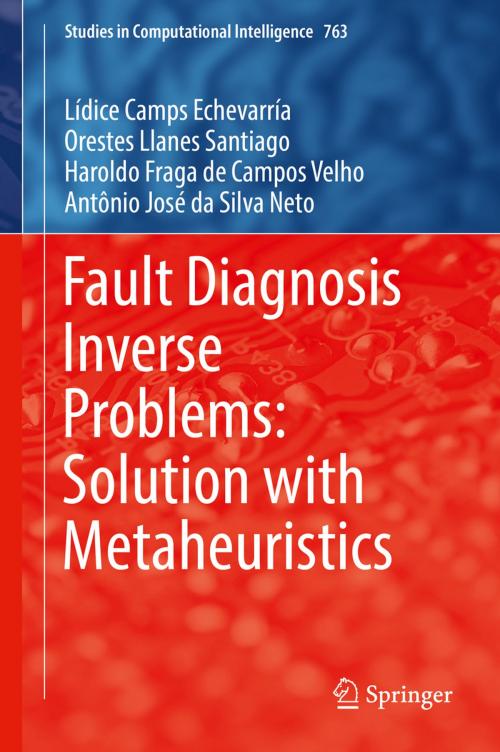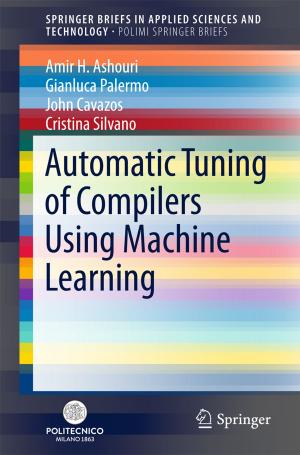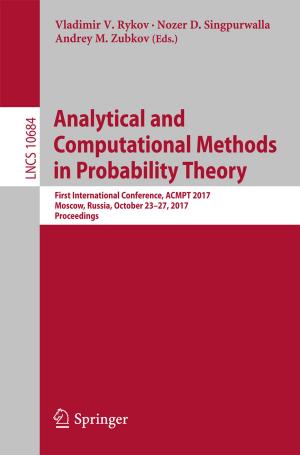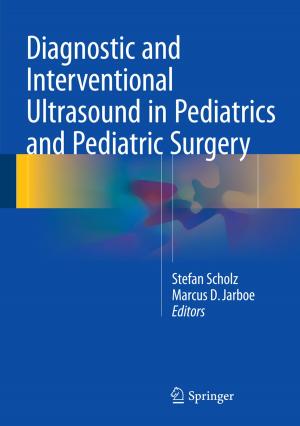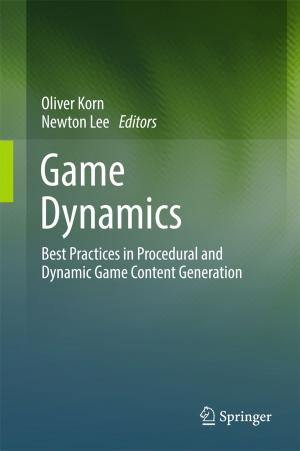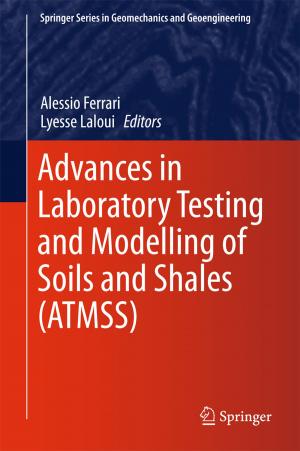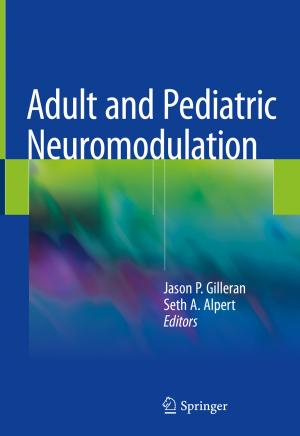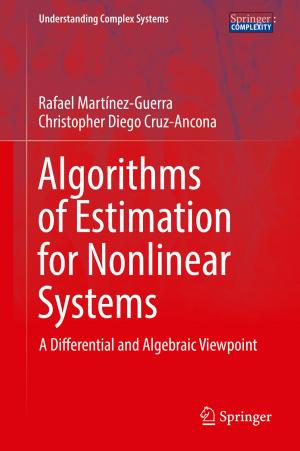Fault Diagnosis Inverse Problems: Solution with Metaheuristics
Nonfiction, Science & Nature, Mathematics, Applied, Computers, Advanced Computing, Computer Science| Author: | Lídice Camps Echevarría, Orestes Llanes Santiago, Haroldo Fraga de Campos Velho, Antônio José da Silva Neto | ISBN: | 9783319899787 |
| Publisher: | Springer International Publishing | Publication: | May 28, 2018 |
| Imprint: | Springer | Language: | English |
| Author: | Lídice Camps Echevarría, Orestes Llanes Santiago, Haroldo Fraga de Campos Velho, Antônio José da Silva Neto |
| ISBN: | 9783319899787 |
| Publisher: | Springer International Publishing |
| Publication: | May 28, 2018 |
| Imprint: | Springer |
| Language: | English |
This book presents a methodology based on inverse problems for use in solutions for fault diagnosis in control systems, combining tools from mathematics, physics, computational and mathematical modeling, optimization and computational intelligence. This methodology, known as fault diagnosis – inverse problem methodology or FD-IPM, unifies the results of several years of work of the authors in the fields of fault detection and isolation (FDI), inverse problems and optimization. The book clearly and systematically presents the main ideas, concepts and results obtained in recent years. By formulating fault diagnosis as an inverse problem, and by solving it using metaheuristics, the authors offer researchers and students a fresh, interdisciplinary perspective for problem solving in these fields. Graduate courses in engineering, applied mathematics and computing also benefit from this work.
This book presents a methodology based on inverse problems for use in solutions for fault diagnosis in control systems, combining tools from mathematics, physics, computational and mathematical modeling, optimization and computational intelligence. This methodology, known as fault diagnosis – inverse problem methodology or FD-IPM, unifies the results of several years of work of the authors in the fields of fault detection and isolation (FDI), inverse problems and optimization. The book clearly and systematically presents the main ideas, concepts and results obtained in recent years. By formulating fault diagnosis as an inverse problem, and by solving it using metaheuristics, the authors offer researchers and students a fresh, interdisciplinary perspective for problem solving in these fields. Graduate courses in engineering, applied mathematics and computing also benefit from this work.
